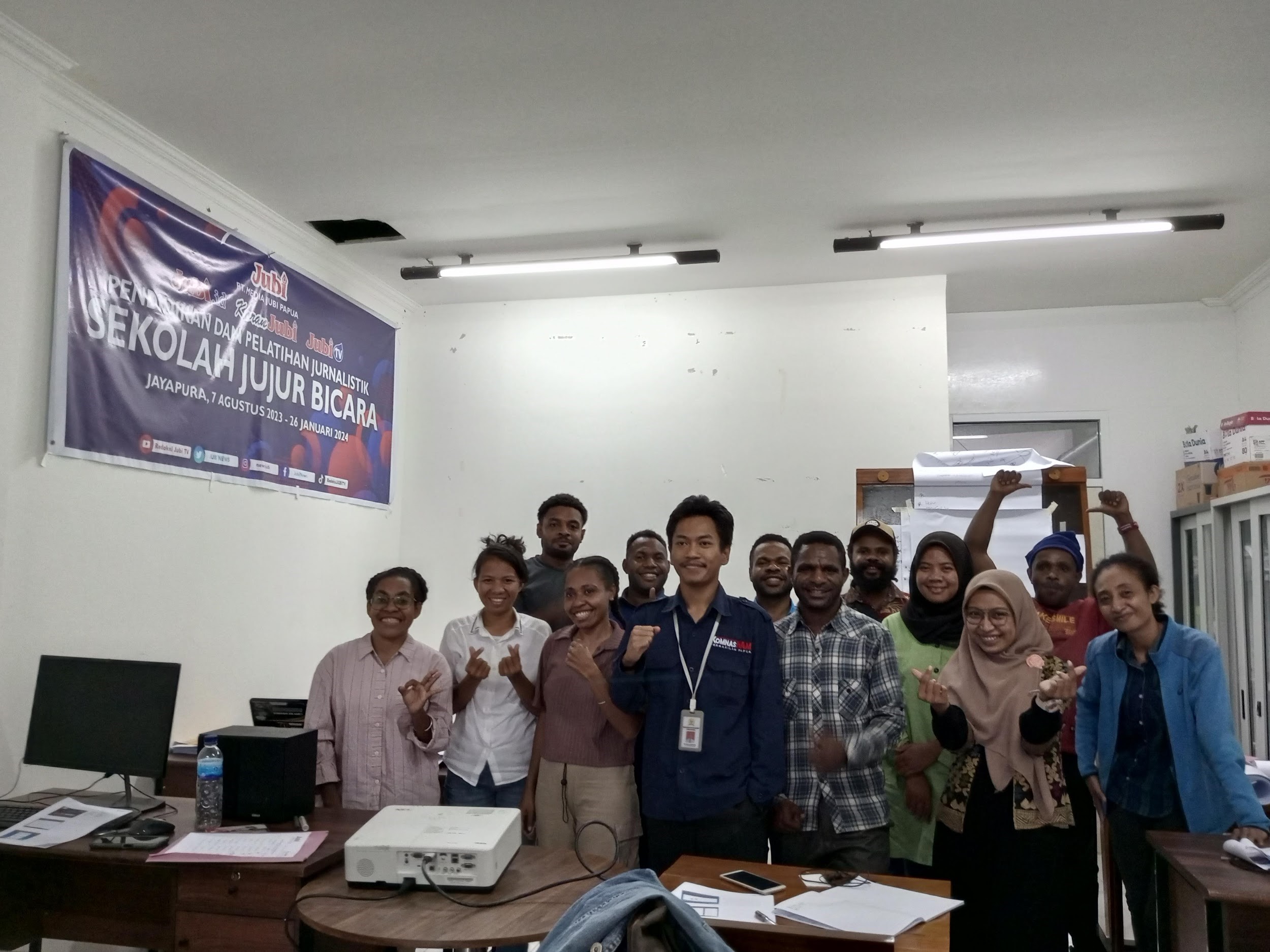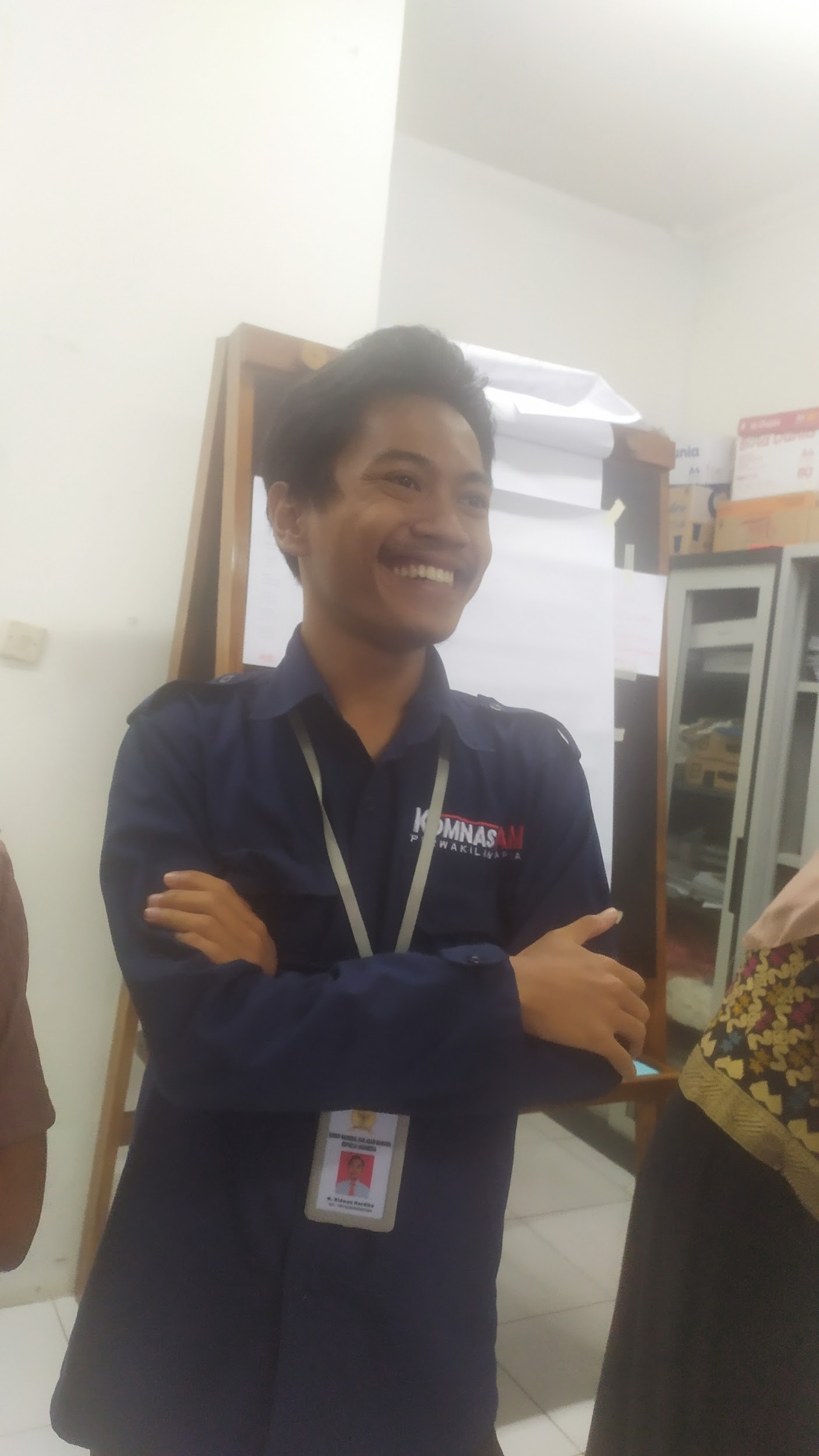Jayapura, Jubi – According to Ridwan Herdika, the Papua Representative of the National Human Rights Commission (Komnas HAM), individuals accused of committing human rights crimes in Papua and brought to the human rights court often end up being acquitted.
During a presentation at the Honest Talk School event in Jayapura City, he explained that in cases of gross human rights violations at the Makassar Human Rights Court, it’s common for prosecutors to struggle to present witnesses in the trial, even when the case has been recommended by Komnas HAM.
Herdika emphasized that the inability to present witnesses makes it challenging to prove these allegations in court. He pointed out that although witnesses and the victims’ families are willing to appear in the Human Rights Court in Makassar, they face significant financial barriers in attending the trial. This lack of evidence contributes to judges rendering acquittal verdicts for those accused of gross human rights violations, leaving them declared innocent.
Ridwan Herdika illustrated this issue with two cases: the Paniai incident from December 8, 2014, and the Abepura incident from December 7, 2000, where the defendants were acquitted.

He also noted that the Special Autonomy Law No. 2 of 2021 on Papua Special Autonomy mandates the establishment of a human rights court in Papua, but this has yet to be realized. Despite this, Papuan activists remain determined to push for the establishment of a Human Rights Court in Papua.













